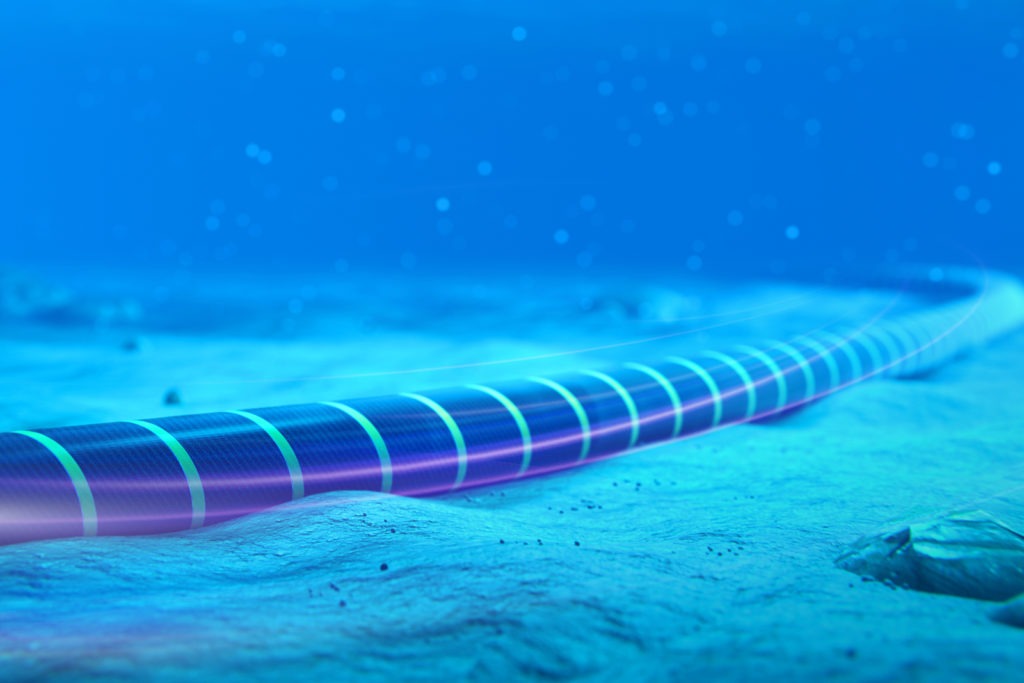Facebook announced that it plans to build two new undersea cables to link Singapore, Indonesia, and North America as part of a partnership with Google and regional telecommunications companies to increase internet connectivity between the countries.
“Named Echo and Bifrost,” Facebook Vice President of Network Investments Kevin Salvadori told Reuters, “those will be the first two cables to go through a new diverse route crossing the Java Sea, and they will increase total subsea capacity in the trans-pacific by around 70%.”
He wouldn’t say how much the investment was worth, but said it was “a very significant investment for us in Southeast Asia.”
According to the executive, the cables will be the first to link North America to some of the most important parts of Indonesia, which will improve connectivity for the country’s central and eastern provinces.
According to Salvadori, “Echo” is being developed in collaboration with Alphabet’s Google and XL Axiata, an Indonesian telecommunications firm, and should be completed by 2023.
Bifrost, which is being built in collaboration with Telin, an Indonesian Telkom subsidiary, and Singaporean conglomerate Keppel, is expected to be completed in 2024.
The two cables, which will require regulatory approval, follow Facebook’s previous investments in improving connectivity in Indonesia, one of its top five global markets.
According to a 2020 survey by the Indonesian Internet Providers Association, 73 percent of Indonesia’s 270 million people are online, with the majority using mobile data and fewer than 10% using a broadband link.
In addition to a previous agreement to build public Wi-Fi hot spots, Facebook announced last year that it will deploy 3,000 km (1,8641 miles) of fiber across twenty cities in Indonesia.
Apart from the Southeast Asian cables, Salvadori reported that Facebook was continuing with its wider subsea plans in Asia and around the world, including the Pacific Light Cable Network (PLCN).
“We’re working with partners and regulators to resolve everyone’s concerns, and we’re looking forward to that cable being a valuable, active transpacific cable in the near future,” he said.
The 12,800 km PLCN, which is being sponsored by Facebook and Alphabet, had run into criticism from the US government over proposals for a Hong Kong conduit. Its original purpose was to link the US, Taiwan, Hong Kong, and the Philippines.
Due to “ongoing concerns from the US government regarding direct contact connections between the US and Hong Kong,” Facebook reported earlier this month that it would abandon attempts to connect the cable between California and Hong Kong.
Read More on Tech Gist Africa:
Kenya plans to boost Internet speed by June
